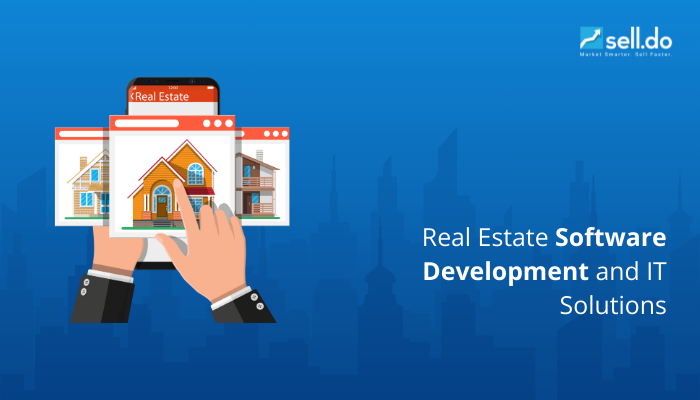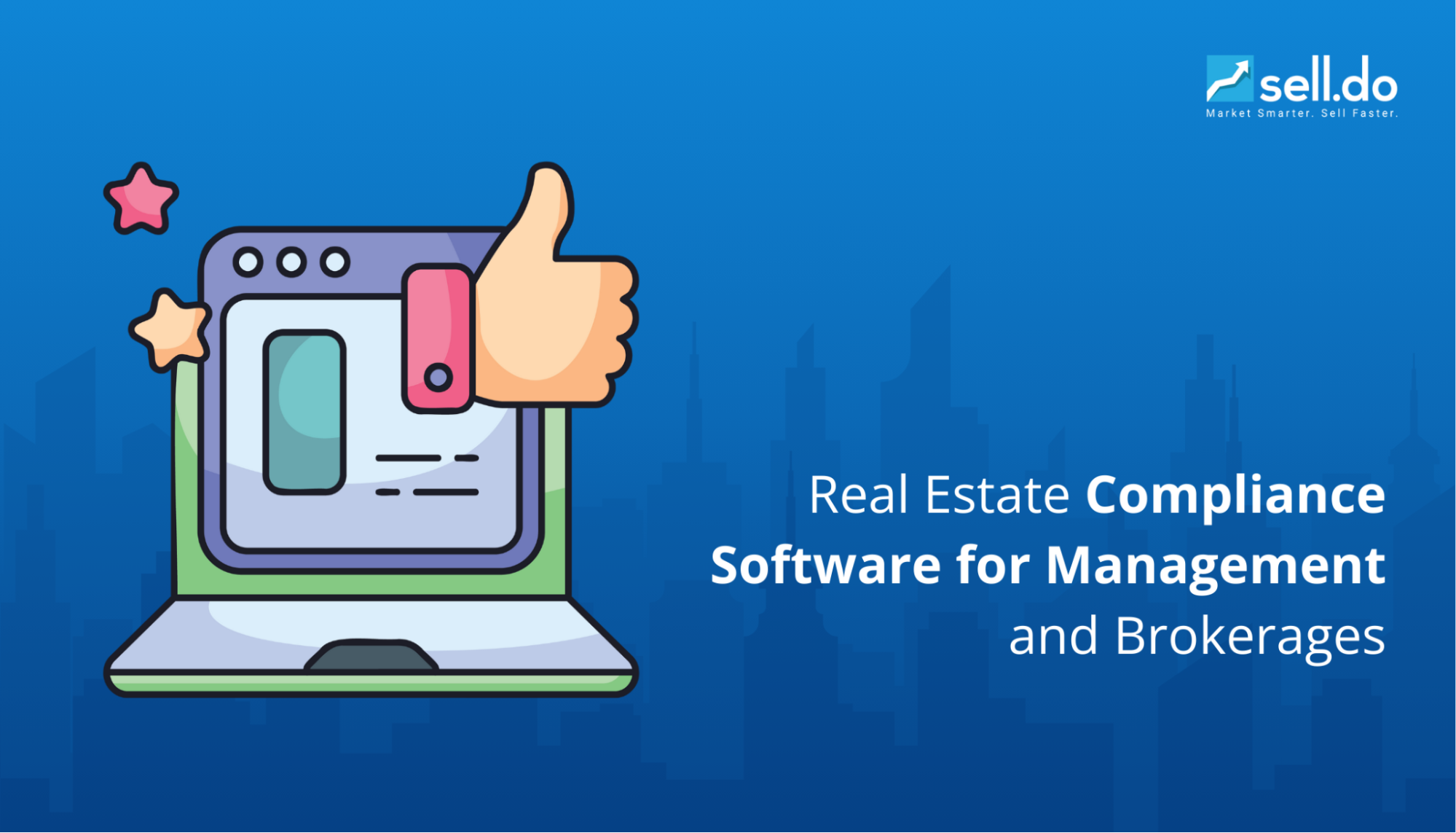Artificial Intelligence (AI) has become an integral part of the real estate industry, and it's undeniable. This technology has brought about significant changes and made work easier for everyone involved. One area where AI has made a huge difference is in sales departments, especially for those who used to spend a lot of time on lengthy phone calls with potential clients and kept track of information using paper and Excel spreadsheets.
Today, the integration of AI into sales and marketing has opened up a world of possibilities, streamlining processes and offering unique advantages to professionals in the real estate business.
Through this blog post, Sell.Do CRM will delve into the aspects of sales automation, exploring its potential to automate and optimise various facets of the sales process within the real estate sector.
How AI Personalizes Outreach:
Here are some examples of how you can automate your sales process:
-
Lead Qualification:
One of the most time-consuming tasks in the real estate business is sifting through countless leads to identify potential clients. This is where AI in sales shines. AI algorithms can analyse and prioritise leads based on various criteria, such as location, budget, and previous interactions.
For example, a real estate agency may use AI to identify leads actively searching for homes in a particular neighbourhood. This targeted approach saves time and increases the likelihood of converting leads into clients.
-
Personalised Outreach:
AI can provide a personalised touch to your interactions with clients. By analysing data from previous communications, the technology can suggest tailored messages and content. This level of personalisation not only enhances the client experience but also increases the chances of closing deals.
-
Data Analysis:
AI sifts through vast amounts of data to gain insights into individual preferences. It considers factors such as the type of properties a person has shown interest in, their preferred locations, and their budget constraints.
-
Behavioural Tracking:
AI can monitor a person's online behaviour. For example, if a potential buyer frequently clicks on luxury apartment listings, AI takes note of this behaviour and adjusts its outreach accordingly.
-
Predictive Algorithms:
AI uses predictive algorithms to anticipate what a potential buyer might be interested in next. For instance, if someone has shown interest in starter homes, the AI might start suggesting slightly larger properties as they progress in their search.
-
Content Tailoring:
Personalised outreach is not limited to property suggestions. AI can also customise the messaging and content. It can highlight specific features of a property that align with a buyer's preferences or emphasise the advantages of a particular neighbourhood.
-
Timing:
AI is smart about when it reaches out. It avoids bombarding potential clients with messages and instead times communications based on the individual's behaviour and readiness to engage.
-
-
Predictive Analytics:
Predictive analytics is a game-changer in real estate sales. AI can analyse historical data, market trends, and other factors to predict future property values and market fluctuations. This enables real estate professionals to make informed decisions about pricing, investments, and timing. For instance, AI can predict that property values in a certain area are likely to rise, prompting agents to recommend buying in that location.
-
Workflow Automation:
The real estate sales process involves numerous repetitive tasks, from sending follow-up emails to scheduling property viewings.
AI-powered sales automation can take care of these mundane tasks, allowing agents to focus on more critical activities.- Lead Scoring and Qualification
- Email Marketing Automation
- Property Listing Management
- Appointment Scheduling
- Chatbots
- Document Management
- Virtual Property Tours.
-
Customer Insights:
Understanding your clients is essential for success in real estate. AI can gather and analyse data from various sources to provide valuable insights into client preferences and behaviours. For instance, AI can track how often a client views property listings, which neighbourhoods they prefer, or what types of properties they are interested in. Armed with this information, agents can tailor their offerings and marketing strategies to better suit their clients' needs.
In Conclusion
To summarise, AI in sales is a game-changer in the real estate industry. Its features and advantages can automate sales processes & repetitive tasks, saving valuable time, money, energy, and resources.
Embracing Sales AI is not just a technological advancement; it's a strategic move that can lead to higher productivity, stronger customer relationships, and, ultimately, increased revenue.
As the real estate landscape continues to evolve, those who harness the power of AI will undoubtedly have a competitive edge in the market, paving the way for a brighter future in real estate sales. Real estate developers, brokers, and businesses can take advantage of Sell.Do real estate CRM to get ahead of their sales figures.






Leave a comment
Comments (0)
Be the first one to comment.